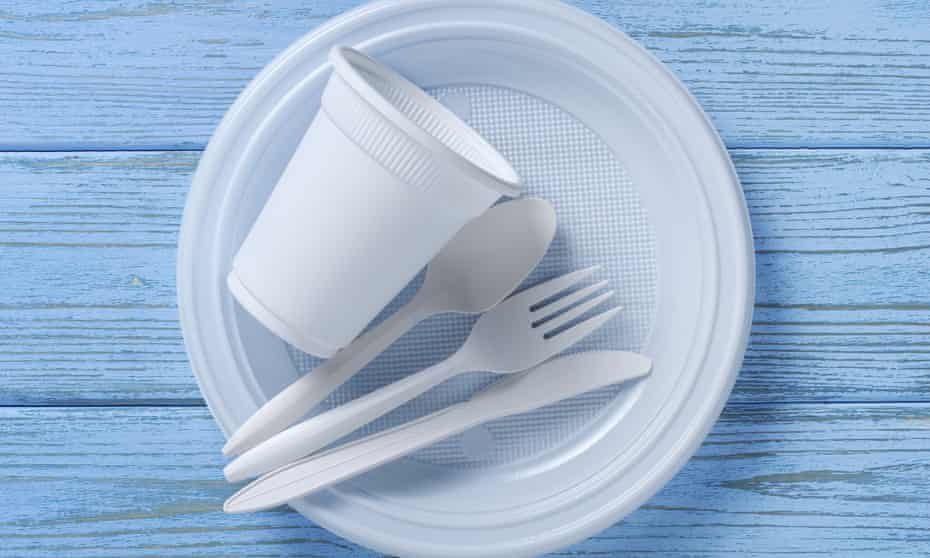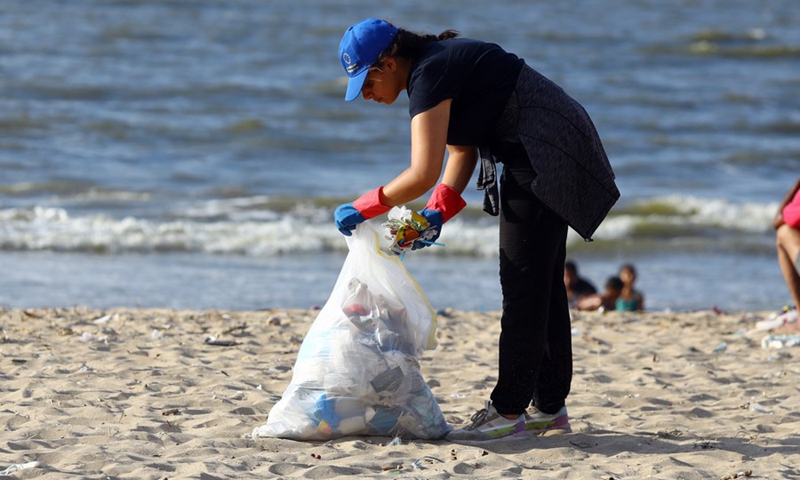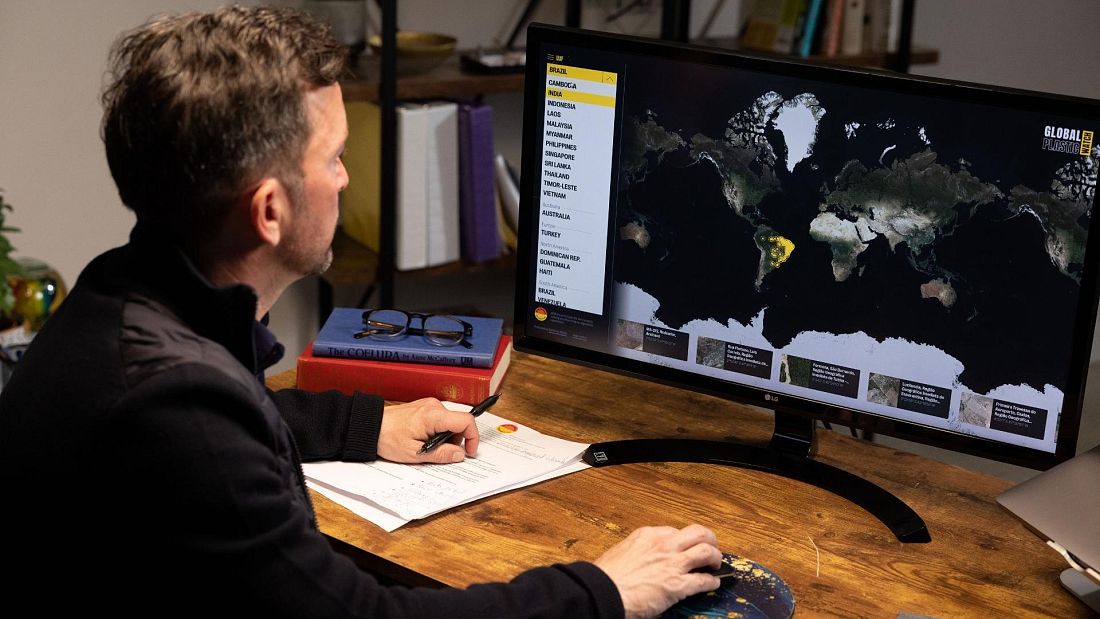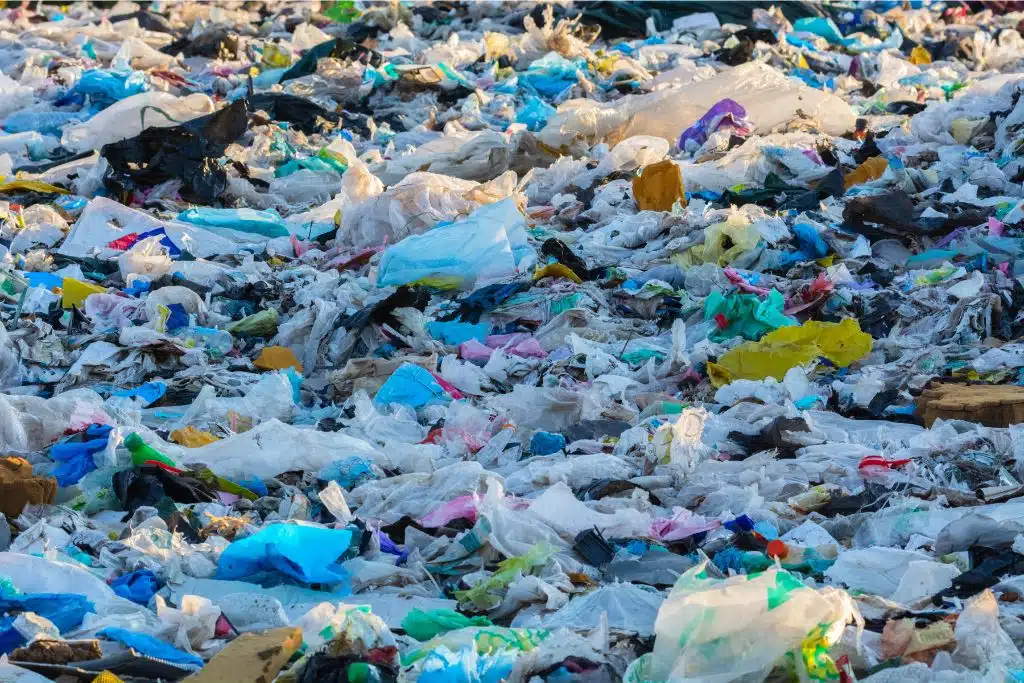
- #plastic pollution
Tracking ocean microplastics from space
Last year

- #plastic pollution
Millions of plastic beads pollute French beaches
Last year

- #plastic pollution
EU back ban on 'waste colonialism' plastic exports
Last year

- #plastic pollution
France bans disposable fast-food utensils, package
Last year

- #plastic pollution
Single-use plastic items to be banned in England
Last year

- #plastic pollution
EU proposes new packaging sustainability targets
Last year

- #plastic pollution
Congolese city turns plastic problem into profit
2 years ago

- #plastic pollution
NSW single-use plastic ban from 1 November 2022
2 years ago

- #plastic pollution
Сleanings microplastics from water with whirlpools
2 years ago

- #plastic pollution
California becomes first state to ban plastic bags
2 years ago

- #plastic pollution
Business Coalition for a Global Plastics Treaty
2 years ago

- #plastic pollution
UN seeks plan to beat plastic nurdles
2 years ago

- #plastic pollution
Bubble barrier extracts plastic from Dutch river
2 years ago

- #plastic pollution
California sets toughest plastics reduction law
2 years ago

- #plastic pollution
Canada declares ban on single-use plastics
2 years ago

- #plastic pollution
US to ban single-use plastic in national parks
2 years ago

- #plastic pollution
Scotland's ban on Single Use Plastics
2 years ago

- #plastic pollution
Plastic waste can now be traced from space
2 years ago

- #plastic pollution
Decomposing plastic waste in hours, not centuries
2 years ago

- #plastic pollution
Responsible chemical recycling of plastic waste
2 years ago
